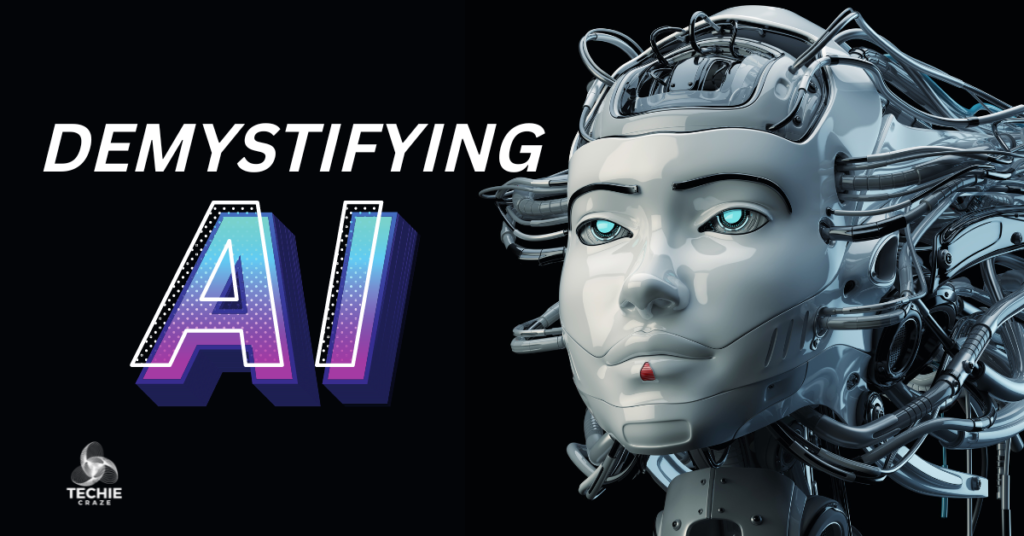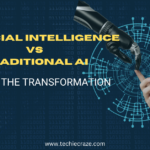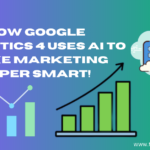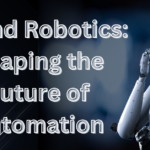Artificial Intelligence (AI) has become a buzzword that permeates our modern world, shaping industries and influencing our daily lives in ways we might not even be aware of. From self-driving cars and voice assistants to recommendation systems and medical diagnoses, AI rapidly transforms how we interact with technology. But what exactly is AI, and how does it work? This beginner’s guide aims to Demystifying Artificial Intelligence, highlighting its key concepts, applications, and implications.
Understanding Artificial Intelligence
At its core, artificial intelligence refers to the ability of machines to mimic human cognitive functions, such as learning, reasoning, problem-solving, and decision-making. AI systems are designed to process large amounts of data, identify patterns, and make informed decisions, often outperforming humans in tasks that require speed and precision.
Demystifying Artificial Intelligence: Types of AI
There are two main types of AI:
Narrow (or Weak) AI
This type of AI is specialized in performing specific tasks. It excels in a particular domain but lacks general human-like intelligence. Examples of narrow AI include virtual personal assistants like Siri and chatbots used for customer support.
General (or Strong) AI
General AI refers to machines that possess human-like intelligence and can perform any intellectual task that a human being can. This level of AI is still largely theoretical and has not been achieved yet.
Machine Learning: The Heart of AI
One of the key technologies driving AI is machine learning. Machine learning involves training algorithms to learn from data and improve their performance over time. Here’s a brief overview of how it works:
Data Collection: AI systems require large amounts of data to learn from. This data can be images, text, numbers, or any other form of information relevant to the task.
Training: The AI algorithm is fed the data and learns to recognize patterns and relationships within it. Through repeated exposure to the data, the algorithm’s performance improves.
Testing and Validation: The AI system is tested on new, unseen data to assess its accuracy and effectiveness after training. This process helps refine the algorithm and make it more reliable.
Deployment: Once the AI system demonstrates satisfactory performance, it can be deployed to perform tasks autonomously or assist human operators.
Applications of AI
AI has found applications in various fields, including:
- Healthcare: AI aids in medical diagnoses, drug discovery, and personalized treatment plans.
- Finance: AI algorithms analyze market trends, assess credit risks, and optimize trading strategies.
- Transportation: Self-driving cars and traffic optimization systems use AI for navigation and safety.
- Entertainment: Streaming services employ AI to recommend content based on user preferences.
- Manufacturing: AI-driven robots automate repetitive tasks and improve production efficiency.
- Ethical and Social Considerations
- While AI brings numerous benefits, it also raises ethical and social concerns. Some of the key considerations include:
- Bias and Fairness: AI systems can inherit biases present in the training data, leading to discriminatory outcomes. Ensuring fairness and reducing bias is a significant challenge.
- Job Disruption: The automation of tasks by AI may lead to job displacement in certain industries, requiring a shift in workforce skills and priorities.
- Privacy: The extensive collection and analysis of personal data by AI systems raise concerns about user privacy and data security.
- Accountability: Determining responsibility when AI systems make errors or biased decisions can be complex, particularly in critical applications like healthcare and autonomous vehicles.
The Future of AI
As AI continues to advance, researchers are exploring ways to create more intelligent and capable systems. This includes developing advanced algorithms, improving data processing capabilities, and enhancing the understanding of human cognition. Ethical frameworks and regulations are also being established to ensure responsible AI development and deployment.
In conclusion, artificial intelligence is a revolutionary technology that holds the potential to reshape industries and enhance various aspects of our lives. By Demystifying Artificial Intelligence and understanding its foundational concepts, we can appreciate its significance, harness its benefits, and navigate the challenges it presents. As AI continues to evolve, its role in society will undoubtedly become even more prominent, making it an exciting field to watch and engage with in the coming years.
Conclusion
In the world of technology, artificial intelligence stands as a fascinating frontier that continues to unfold before us. As we’ve journeyed through the basics of AI, from its definitions to its applications and ethical considerations, we’ve illuminated the path for beginners to step confidently into this realm.
Remember, AI is not an abstract concept reserved for experts; it’s a tool already shaping our lives and will undoubtedly play an even greater role in the future.
Demystifying Artificial Intelligence: FAQs
Yes, it is possible to learn about artificial intelligence (AI) without extensive coding knowledge.
The right age to learn AI depends on individual interests, goals, and prior knowledge.
Shahzab Ali is a passionate contributor to TechieCraze, where he shares insights and information on the latest trends in technology. With a deep interest in simplifying complex topics, he writes content that is easy to understand and helpful for readers. Shahzab is always looking for new ideas to make technology accessible to everyone. You can reach him at jindmahi922@gmail.com or +923485767970








